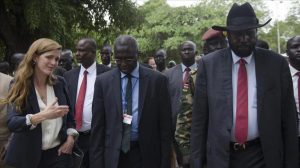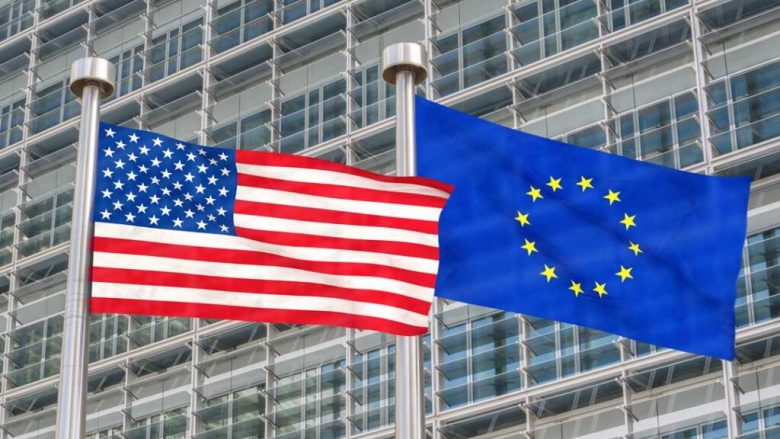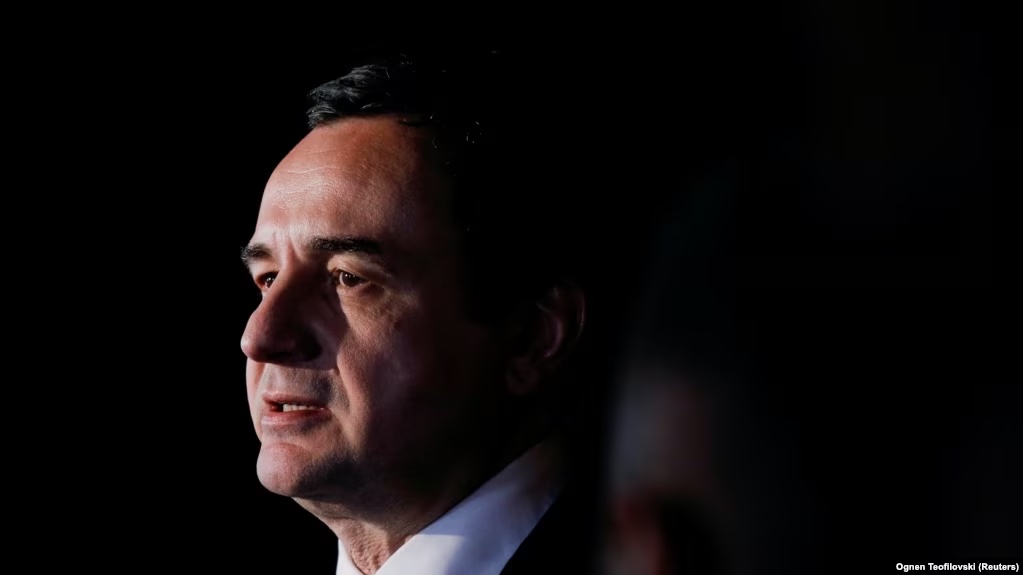Saturday, November 12th 2016
War-torn state hopeful for change in direction from US
JUBA, South Sudan
South Sudan, the world’s youngest nation — torn apart by almost three years of civil war — sees Donald Trump’s rise to the White House as fresh momentum to end the conflict, a senior government figure has told Anadolu Agency.
Presidential advisor on decentralization affairs, Tor Deng Mawien, said the South Sudanese government was “looking forward” to new U.S. policies under Trump’s leadership.
“We hope his administration will take a fresh look at the conflict and hopefully bring it to an end,” he told Anadolu Agency.
Civil war began in December 2013 when President Salva Kiir accused his former deputy Riek Machar of planning a coup, setting off a cycle of retaliatory killings that have split the landlocked country along ethnic lines.
The conflict left tens of thousands of people dead in the past two-and-a-half years and more than two million displaced from their homes.
In March, Kiir made a phone call to then presidential hopeful Donald Trump to wish him success and said if elected the two countries would work closely to foster mutual trust lost during the Barack Obama administration.
In his congratulatory message to Trump this week, Kiir said South Sudan was “earnestly looking forward” to working with the President-elect.
However, U.S. ambassador to South Sudan, Mary Catherine Phee, on Thursday said her country would not change its policies.
“There is no expectation that the United States government will change its foreign policy in South Sudan despite the election of Trump,” Phee was quoted as saying by local media.
The United States, U.K., Norway and the East African trading bloc IGAD, pushed through a peace deal in 2005, which legitimized the guerilla movement — the Sudan People’s Liberation Movement (SPLM) — and paved the way for South Sudanese independence from Sudan in 2011.
However, the U.S. and South Sudan have had strained diplomatic relations since civil war began in 2013. Juba accused Washington of seeking regime change.
South Sudanese Information Minister Michael Makuei in April 2014 hit out at former U.S. ambassador to South Sudan, Susan Page, accusing her government of siding with the rebels.
The U.S. denied this, describing it as just an allegation.
In the recent U.S. election, most South Sudanese supported the Republican candidate on the grounds that a chance for stability could be seized upon.
“I think Trump will not support the opposition, he won’t compromise on fairness as done by the Obama administration,” Nyok Kuol, a Juba resident, told Anadolu Agency.
There are “invisible hands” prolonging the war, Kuol claimed, adding: “I believe a United States under Trump would look at a solution rather than its [own] interests, Kuol added.
John M. Martin, a student at the Bridge2Rwanda scholars program which sends students with leadership potential to the U.S. for education, said the Obama administration was a “lukewarm leadership” which was “doing either no good or bad to the people of South Sudan”.
“Trump can be an agent of destruction or construction,” Martin continued.
“As for the South Sudanese, we are already in despair, so all we can hope for is a positive response from Trump,” Martin said.
“One of his policies he mentioned during his campaign was to deal with African dictators. And South Sudan is [the] reality of tyrannies clashing,” he added.
Abraham Awolich, an analyst for the Sudd Institute, a Juba-based think tank, said the dramatic problems of South Sudan can only inspire a humble approach, one in which Trump alone neither has all the answers nor seeks to impose his views.
“The current status quo cannot be changed by Trump unless there is political will from the warring parties to resolves to the conflict,” Awolich said.
Etiketa: Civil War, South Sudan, Trump win




